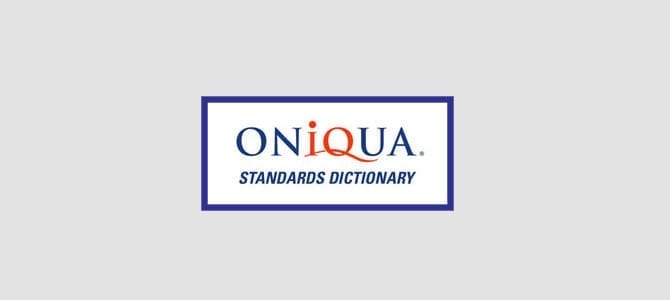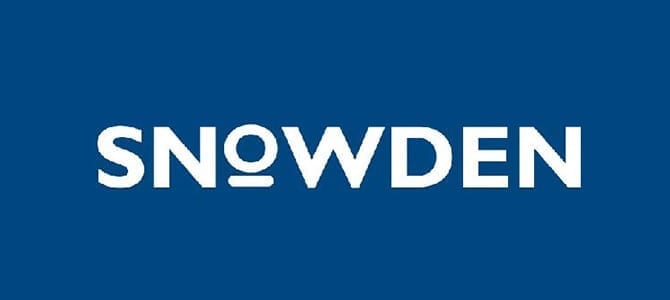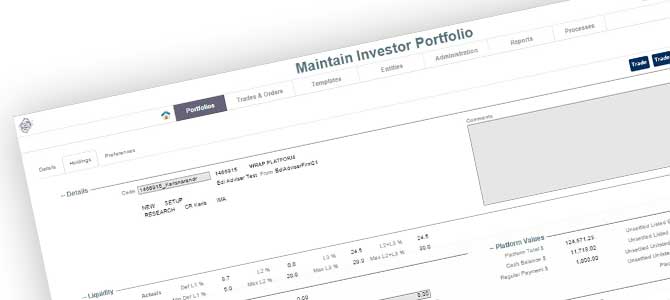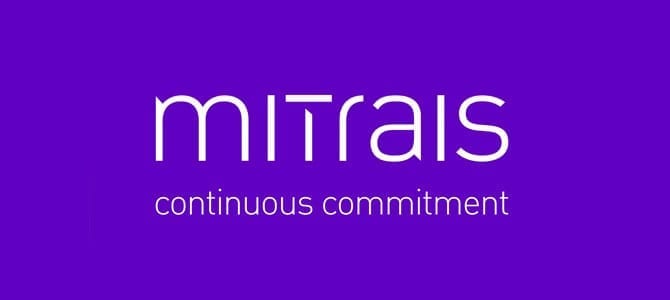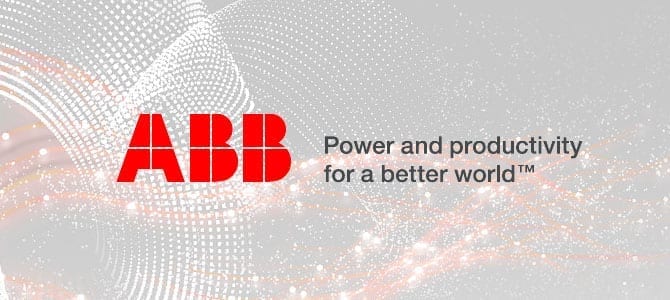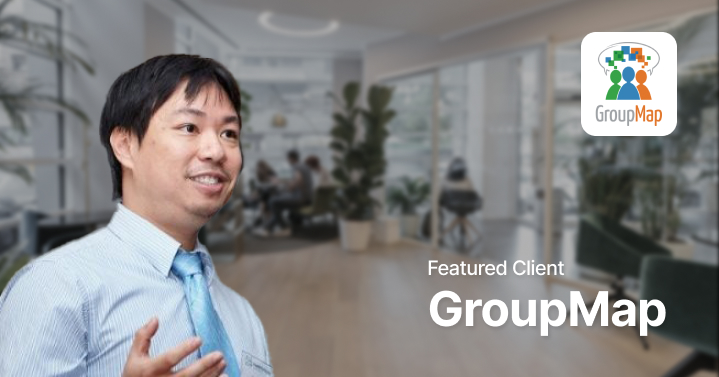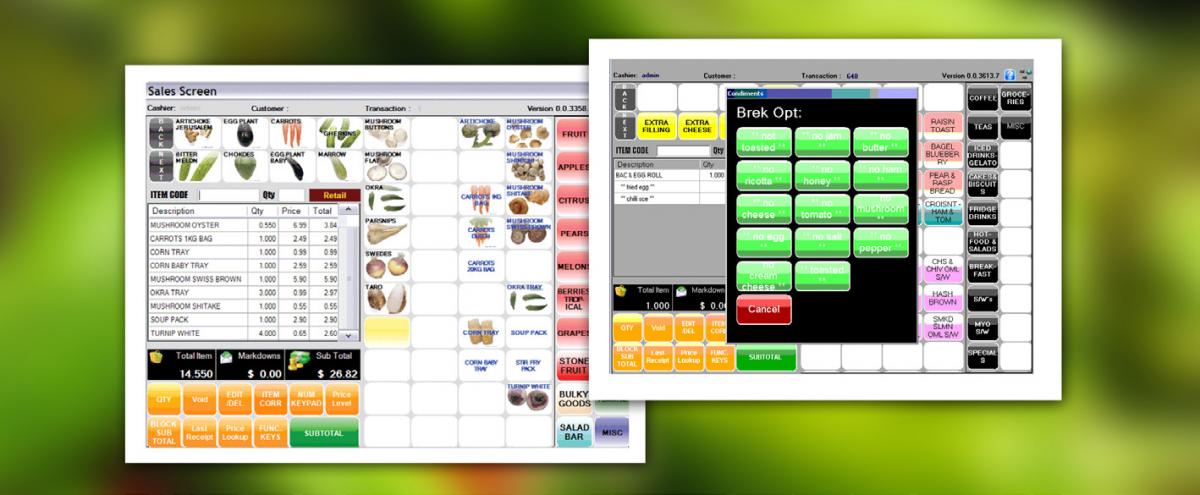An organization must have clear and concise objectives when managing contracted IT projects on an ongoing basis. Says Col Rae from Oniqua, an international company which specializes in enterprise analytics and asset performance management, “ensure you have the right people in place and be aware that managing a so-called ‘captive team’ is an evolutionary process.”
He was commenting on the ingredients for the success of a contracting arrangement in which Mitrais staff are responsible for the ongoing cataloging projects which Brisbane-headquartered Oniqua undertakes for its international clients.
In 2006 the contracting arrangement established a captive team of 12 people in Bali operating under the day-to-day management of Col Rae and his cataloging team that reside in Oniqua’s Melbourne office.
The initiative arose as it became a strategic business necessity for Oniqua to undertake cost-effective measures to lower the cost of cataloguing activities so as to remain competitive in the global market. Offshoring enables Oniqua to escalate its production and speed of service for clients, while project management along with strict quality assurance procedures, are all
maintained within the Australian operation.
Three years on and now 18 in number, the Bali team is finalizing a web-based cataloging directory, which will further streamline the services Oniqua provides to asset-intensive organizations such as mining, oil, gas and utilities. In addition to cataloging, Oniqua backs up its Australian based development group and operations with a team of programmers in Bali developing analytical applications and software testing.
“We enjoy a successful and productive relationship with Mitrais because we laid the right foundations and we recognize the need for the relationship to continue to evolve,” Mr Rae said.
Oniqua helps organizations minimize their asset-related inefficiencies and waste by making better use of the data captured by their transactional systems across the enterprise. Its clients include blue chip giants such as ConocoPhillips, BHP Billiton, Rio Tinto, Newmont Mining and many others.
The materials cataloging function unambiguously describes materials with the objective of delivering a range of bottom line benefits in areas like procurement and inventory.
For a material catalog of 5,000 items valued at $5million, Oniqua regularly sees duplication of between 5 and 20 percent. Removal of that duplication reduces inventory holdings, as well as purchasing activity and procurement costs. A good material catalog is critical to support efficient material and maintenance planning practices and outcomes that are typically required in asset-intensive applications.
Oniqua’s international reputation in materials cataloging has grown solidly on the back of its ownership of the intellectual property rights to Auslang, an Australian cataloging language. Auslang is one of just a handful of open or proprietary standards which can be used to document and unambiguously define materials.
Until 2006 Oniqua maintained the cataloging application in its Melbourne office, including the core Oniqua Standards Dictionary, an easy to use reference tool that provides access to widely accepted material cataloging standards.
Melbourne remains the company’s cataloguing project office which specifies the work undertaken in Bali where the major functions undertaken by the captive team are to apply the cataloging standards and to realign materials data into a consistent format.
“The captive team is briefed by and answers to the project managers in our Melbourne office,” Mr Rae said.
He says the strength of the relationship between the two locations is underpinned by the geographic proximity of a near offshore location and the skills base available to Oniqua at Mitrais.
While offshoring is cost effective, it does require adherence to certain
guidelines Col Rae says.
Specifications must be tightly defined with no assumed knowledge. Effort must be expended in getting the team across the intricacies of a software product’s business rules and coding standards.
He says communications in remote teaming needs to be structured and formal.
Not being able to see the team directly may present a challenge for those who haven’t done it before. So, effort must be made to stay in regular communication with the captive team to ensure that they are on the right track.
“We measure the ongoing success of the venture with Mitrais based on such things as daily throughout and accuracy.
“Our near term objective is to foster an even closer relationship between the Bali team and the project office, as well as relocating more functions to Bali,” Mr Rae says.
In the immediate future however he is keen to see the launch of the web-based Oniqua Standards Dictionary which will be delivered to clients using the Software as a Service business model. Enabling users to identify standard names, material characteristics and abbreviations, the SaaS version will replace twice yearly updates on CD and further advance Oniqua’s credentials amongst a blue chip international customer base.
